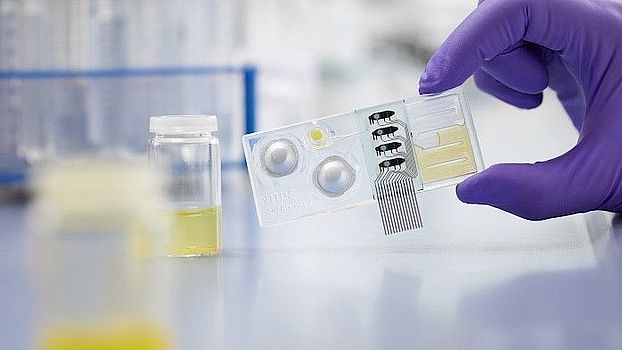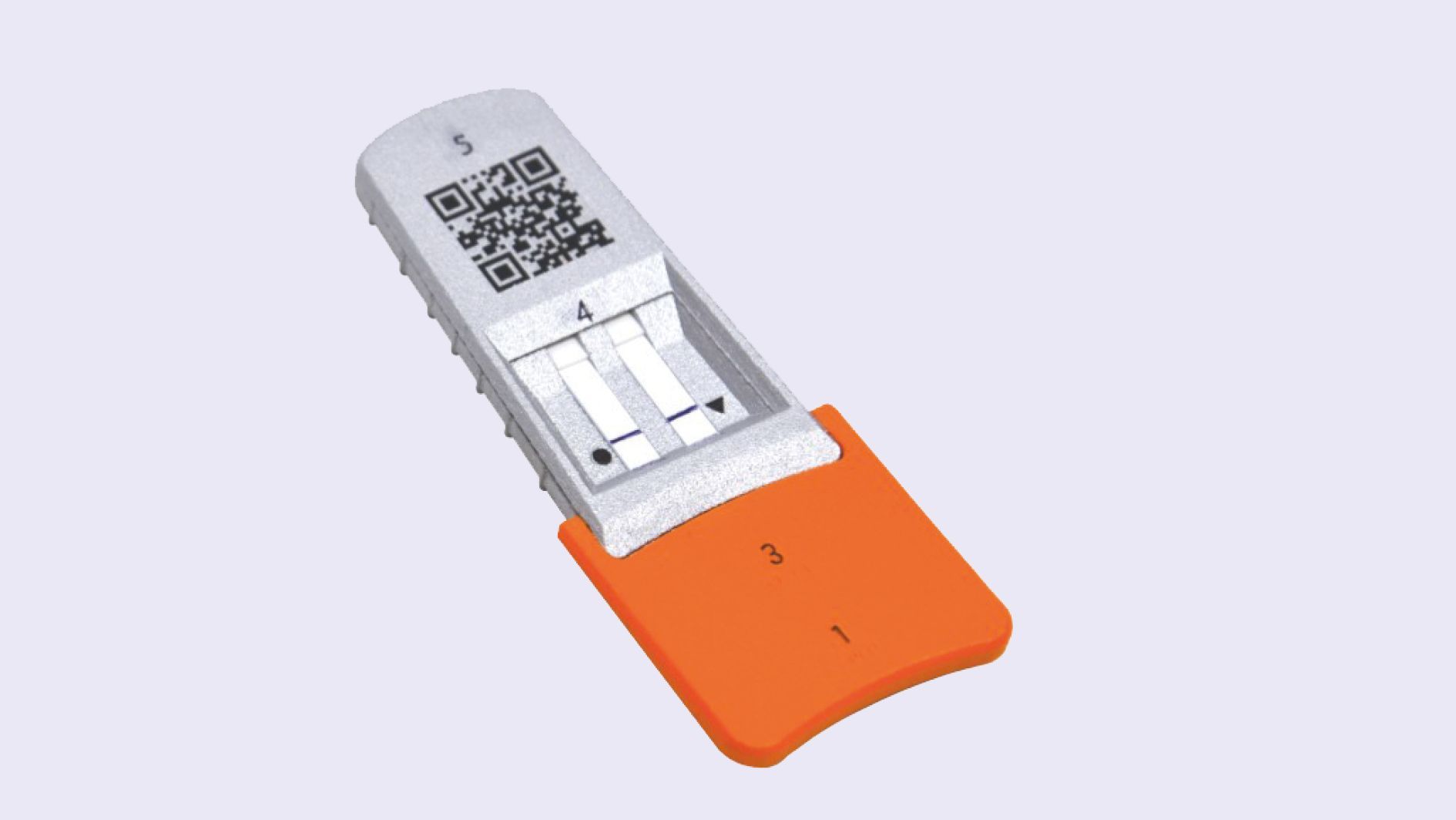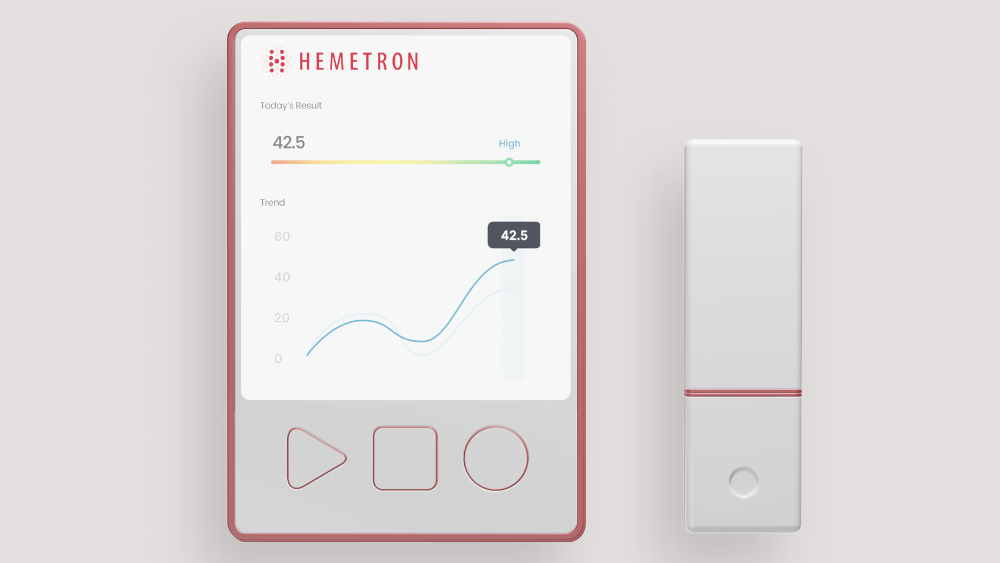Unit | Medicines Development
The Medicines Development Unit (MDU) provides a range of research and development activities aiming to bring drugs, diagnostics and vaccines (DDVs) through the endstage preclinical development into the clinical trials and evaluation phase. The three MDU groups provide innovative translational solutions for disease surveillance and diagnostic platforms, malaria drug resistance genotyping services and the development of vaccines and treatments for tropical infectious diseases.
The MDU excels in providing global genotyping services for malaria resistance for research purposes. It actively collaborates with other departments to advance DDVs from preclinical development to clinical evaluation. The MDU also aims to provide innovative solutions for disease monitoring and diagnostic platforms, including the development of novel treatment strategies, non-invasive diagnostics and the use of next-generation sequencing for antimicrobial resistance testing.
Bridging the Gap Between Development and Evaluation
The vision of the MDU is to bridge the gap between preclinical DDV development and clinical evaluation. Through global collaboration, the unit tailors its research to local needs, focusing on diseases such as malaria, respiratory viruses, Buruli ulcer and undifferentiated febrile diseases.
Our Core Competencies
Our core expertise is in molecular genotyping for malaria drug resistance testing, diagnostic development of non-invasive and innovative point-of-care diagnostic tests, malaria vaccine design, surveillance and diagnostic platform development with a focus on characterization of "undifferentiated febrile disease" pathogens, next-generation sequencing (NGS) for antimicrobial resistance in HIV-DR, TB-DR and malaria, and zoonotic disease pathogen discovery.

Daniel Paris
Associate Professor, MD, PhD, DTMH, Prof. Dr. med.
Head of Unit
+41612848123
daniel.paris@swisstph.ch
Key Projects



Novel Diagnostics to Improve Migrant and Refugee Health
Swiss TPH, the Armauer Hansen Research Institute (AHRI) and partners are developing a novel integrated infectious disease diagnosis and surveillance system (NIIDS) To support refugee and migrant health. NIIDS will assess THE health needs of migrants and refugees and establish a platform to support the diagnosis and management of clinically relevant infectious diseases in these vulnerable populations. This will subsequently serve as a ready-to-use diagnostic system for surveillance and disease severity assessment at the primary healthcare level. Read more
Development of a New Saliva-based Rapid Test to Detect COVID-19
The DAVINCI project addresses the current urgent need for validated point-of-care (PoC) diagnostics for use at all levels of the population. We are developing and validating a simple, inexpensive and accurate rapid diagnostic test utilising the easily accessible, non-invasive saliva sample and addressing the urgent need to test at scale and determine the extent of seroprevalence and herd immunity in the population. The design of the home test to diagnose COVID-19 includes an application to digitally capture the test result to quickly collate diagnoses associated with a specific location. Read more
New Diagnostic and Treatment Tools for Buruli Ulcer
Buruli ulcer (BU) is a chronic, necrotizing skin disease that primarily affects children in West and Central Africa. Most infections occur in remote areas where patients have limited access to adequate medical care. ThE TOOLS4BU project aims to develop a simple diagnostic test and an effective treatment for BU that can be introduced at primary health care level. The overall goal is to prevent or at least minimise the prolonged suffering, stigma and permanent disability of affected children in African countries where Buruli ulcer is endemic. Read more
Related Groups
Latest Publications
All PublicationsMapesi H et al. Treatment strategies to control blood pressure in people with hypertension in Tanzania and Lesotho: a randomized clinical trial. JAMA Cardiol. 2025(in press). DOI: 10.1001/jamacardio.2024.5124
Matimbwa H et al. Factors contributing to retention in care and treatment adherence among people living with HIV returning to care in South-eastern Tanzania: a qualitative study. HIV AIDS (Auckl). 2025;17:39-57. DOI: 10.2147/hiv.S492673
Moshi L.S et al. Trends of severe HIV disease and mortality among children in rural Tanzania. HIV Med. 2025(in press). DOI: 10.1111/hiv.70015
Southisavath P et al. Elimination of schistosomiasis mekongi in reach for Lao PDR: the last patient with severe disease?. Parasitol Int. 2025;104:102976. DOI: 10.1016/j.parint.2024.102976
Brummaier T et al. Design of a targeted blood transcriptional panel for monitoring immunological changes accompanying pregnancy. Front Immunol. 2024;15:1319949. DOI: 10.3389/fimmu.2024.1319949
